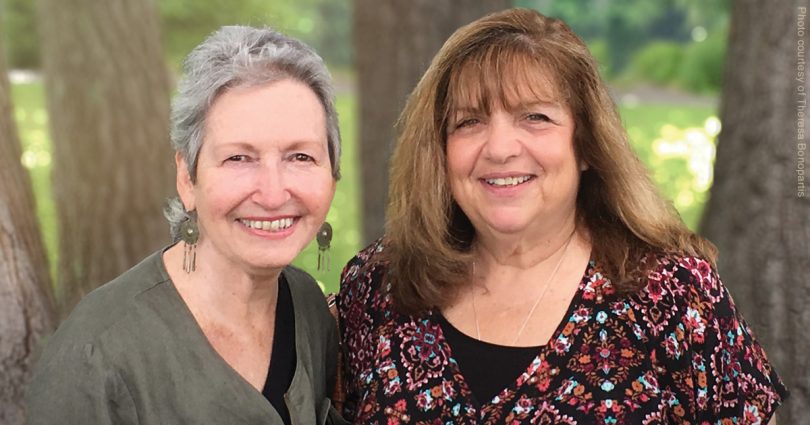By Julie Grimstad
HALO—the Healthcare Advocacy and Leadership Organization—has created fact sheets on issues of great importance to people making life and death medical decisions. These are available at halorganization.com under Resources. Our newest fact sheet is entitled “Are Organ Donors Truly Dead Before Their Organs Are Taken?”
The “dead donor rule”—a person must be dead before his vital organs are extracted for transplantation—is the basic principle guiding organ donation. A dead body is a corpse. Excising vital organs from a corpse does no harm, so long as the human body is treated respectfully. But, if we are not certain the individual is dead, cutting out his vital organs is a grave matter.
The compelling evidence HALO presents supports the conclusion that we cannot be certain an organ donor is dead before his organs are removed. For instance:
“The definition of ‘brain death’ requires the irreversible cessation of all functions of the brain, and yet ‘brain dead’ donors display signs that their brains retain many essential functions and they are, therefore, not dead.”
Find out what these essential functions are and learn why an individual with a severe brain injury could be considered dead in one hospital and alive in another.
Did you know that there are many cases of recovery after patients have been diagnosed to be brain dead? Every time such a recovery occurs we are told the diagnosis was wrong, that perhaps corners were cut in testing, or mistakes were made, or the person doing the testing was not qualified, etc. Thus, how can anyone know for certain that a “brain death” diagnosis means the person is genuinely dead? The only way is to wait and see because it is safe to say that these individuals would not have recovered had they been stripped of their vital organs before their injured brains had time to begin to heal. The fact sheet explains that “death is often declared hastily in order to procure fresh, healthy organs for transplantation.” Haste is undoubtedly responsible for at least some patients being killed in the process of organ procurement.
Most people are not aware of organ procurement rules that permit organs to be taken from patients who are on ventilators but do not meet “brain death” criteria. There is also a little-known legal provision that permits everyone “at or near death” to be considered a “prospective” donor if they have not explicitly refused to be an organ donor. HALO’s fact sheet gives a brief explanation of both life-endangering developments.
If you should suffer a brain injury, will the organ procurers consider your healthy organs more important than your life? This is a reasonable question since organ transplantation is a very lucrative business and “the love of money is the root of all kinds of evil” (1 Timothy 6:10).
When in doubt, err on the side of life. This fact sheet also explains how to obtain an “I Refuse to Be an Organ Donor” wallet card that you should carry with you at all times. It may save your life.
Julie Grimstad is the president of the Healthcare Advocacy and Leadership Organization and the executive director of Life Is Worth Living, Inc. In addition, she is a founder and coordinator of St. John’s Befrienders, a parish outreach ministry to nursing home residents and homebound elderly. A nationally-known speaker and writer, Julie addresses all aspects of medical decision-making and patient advocacy and has served as a volunteer patient advocate since 1985.


